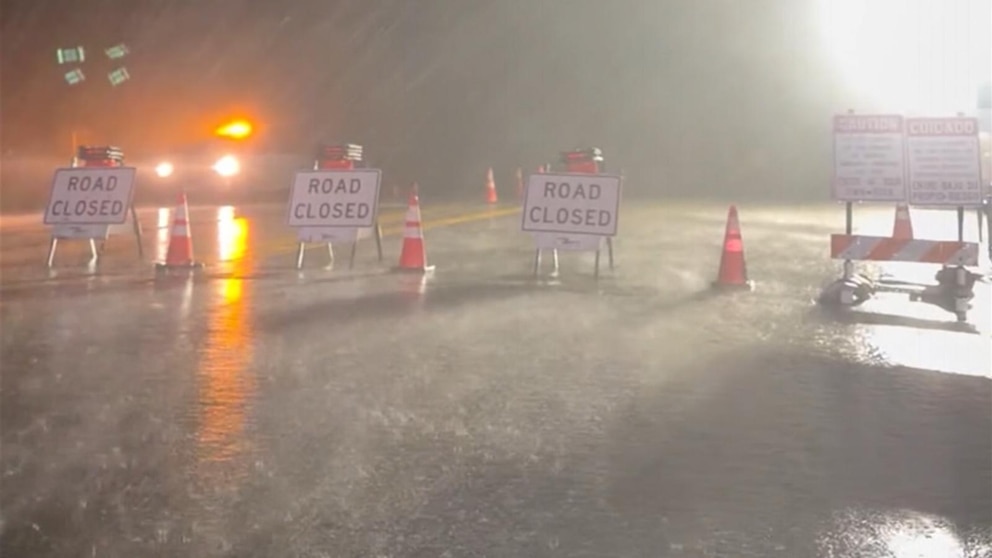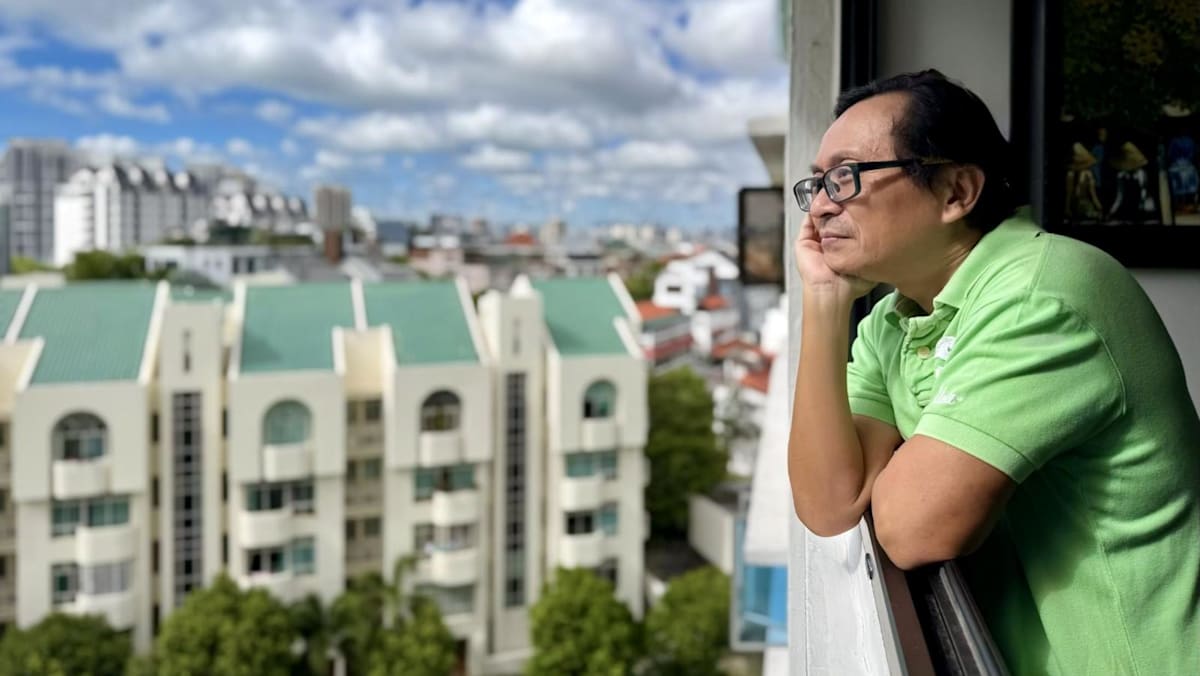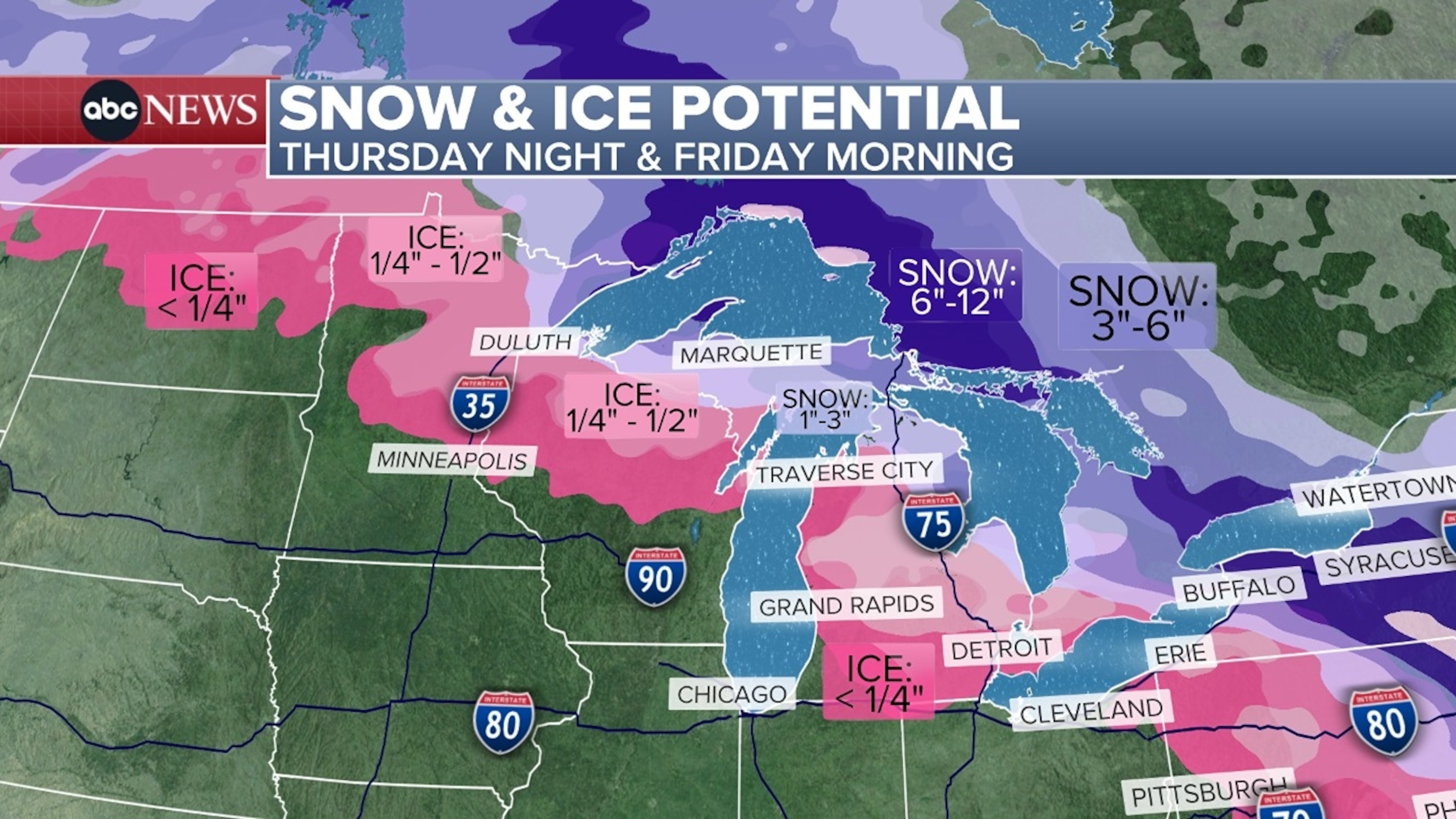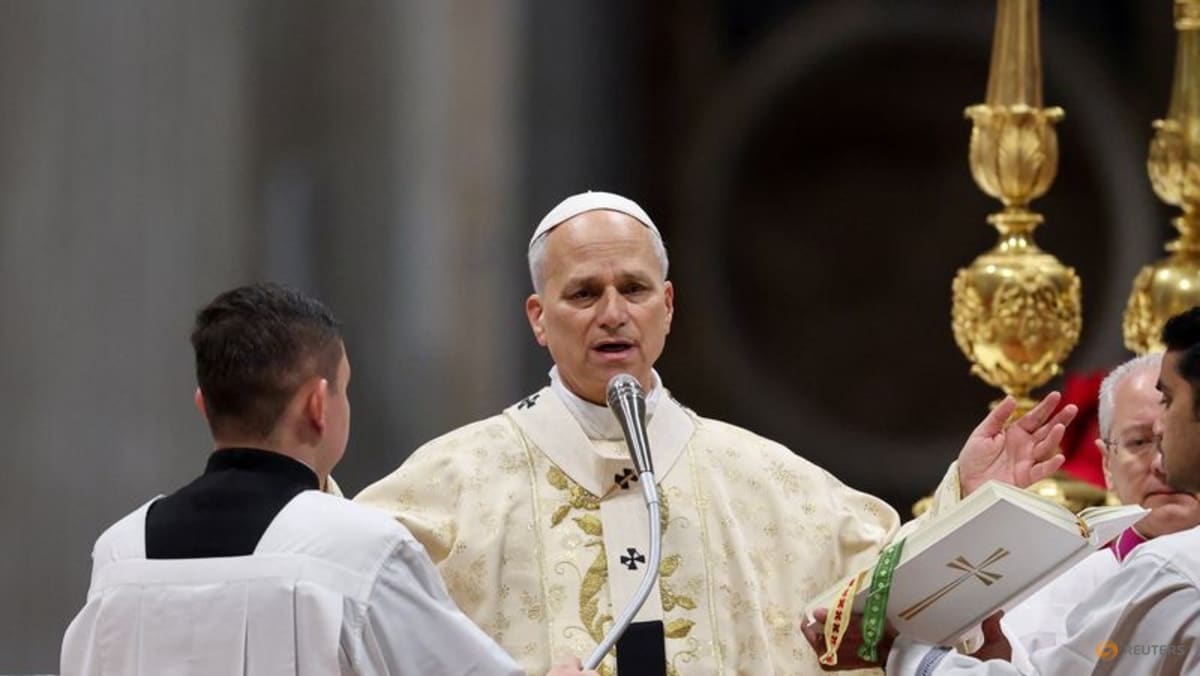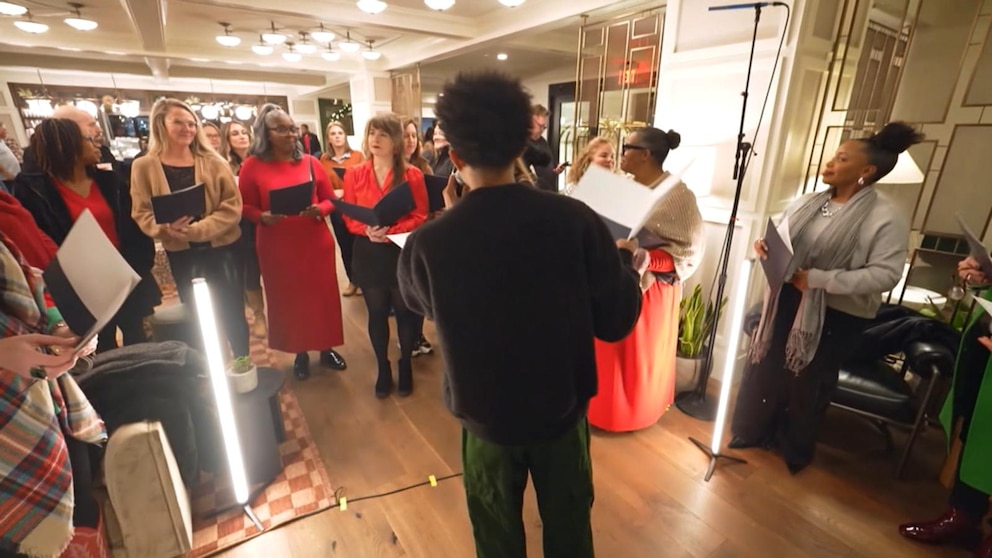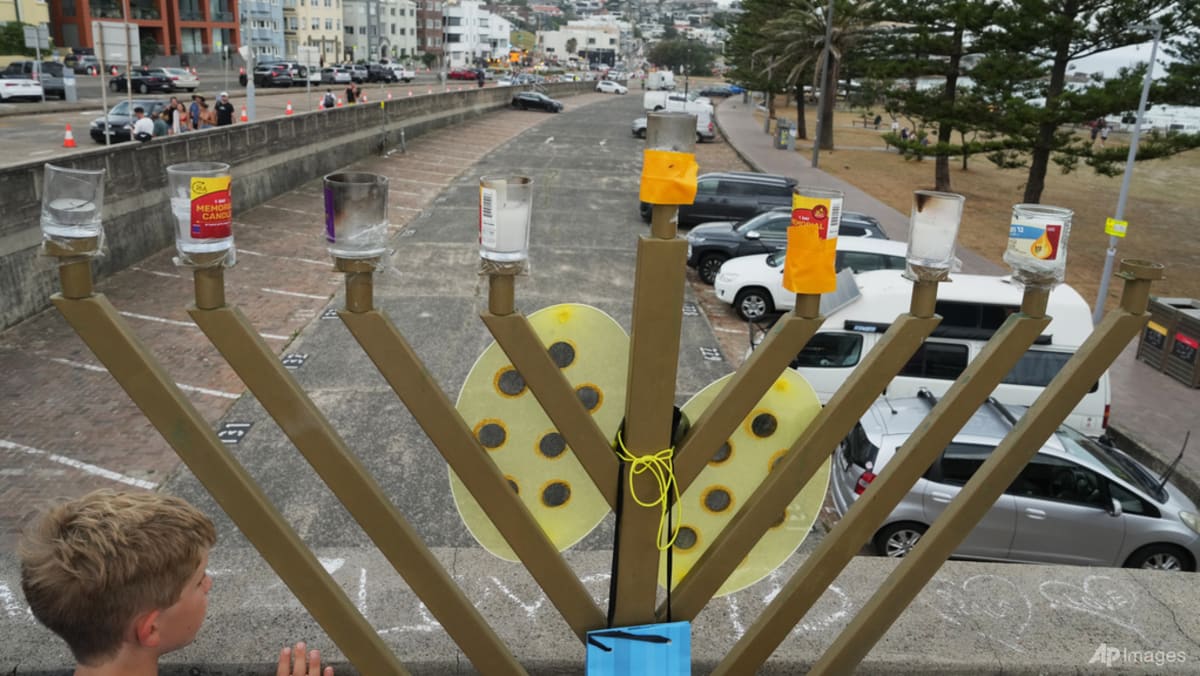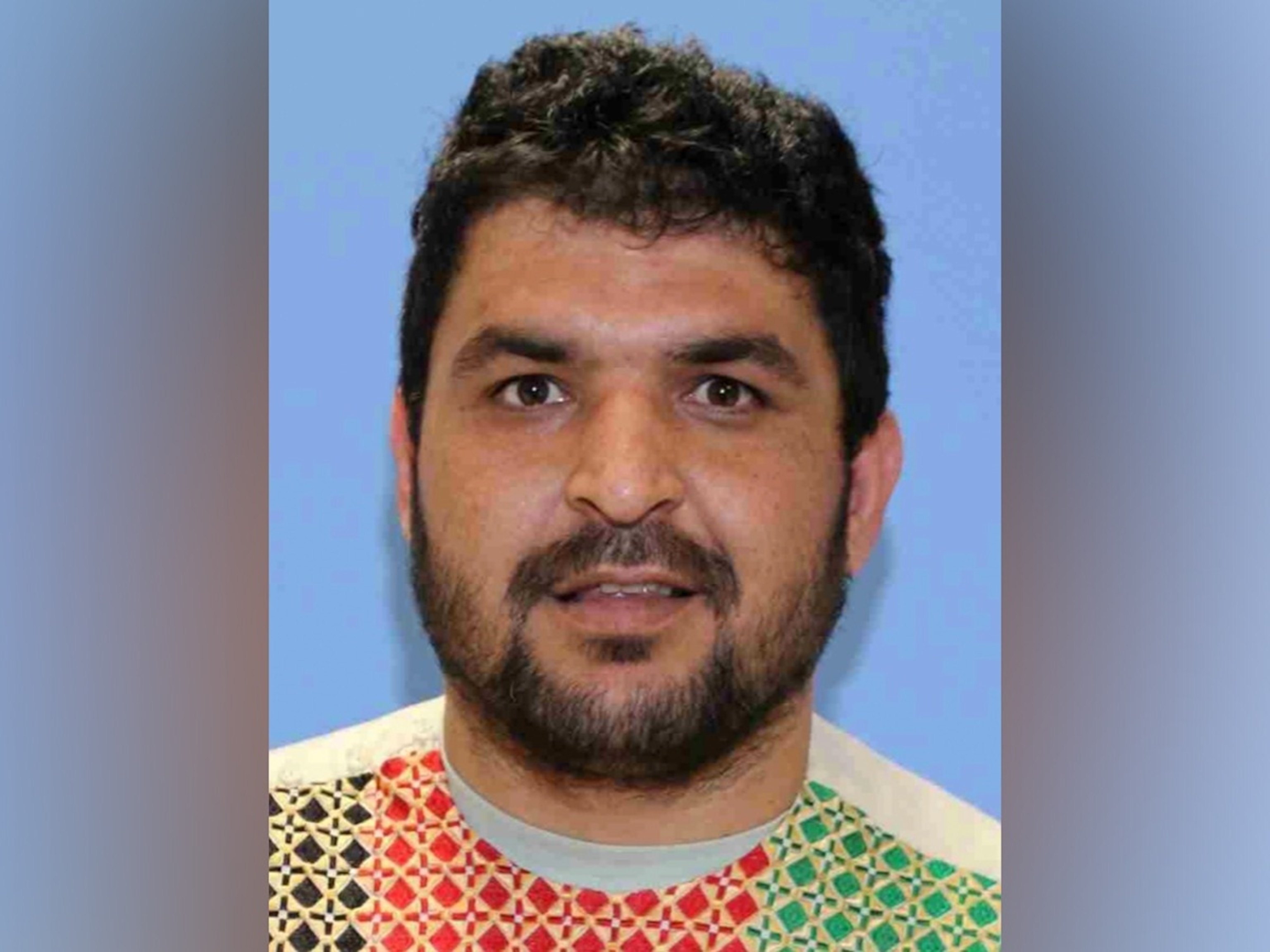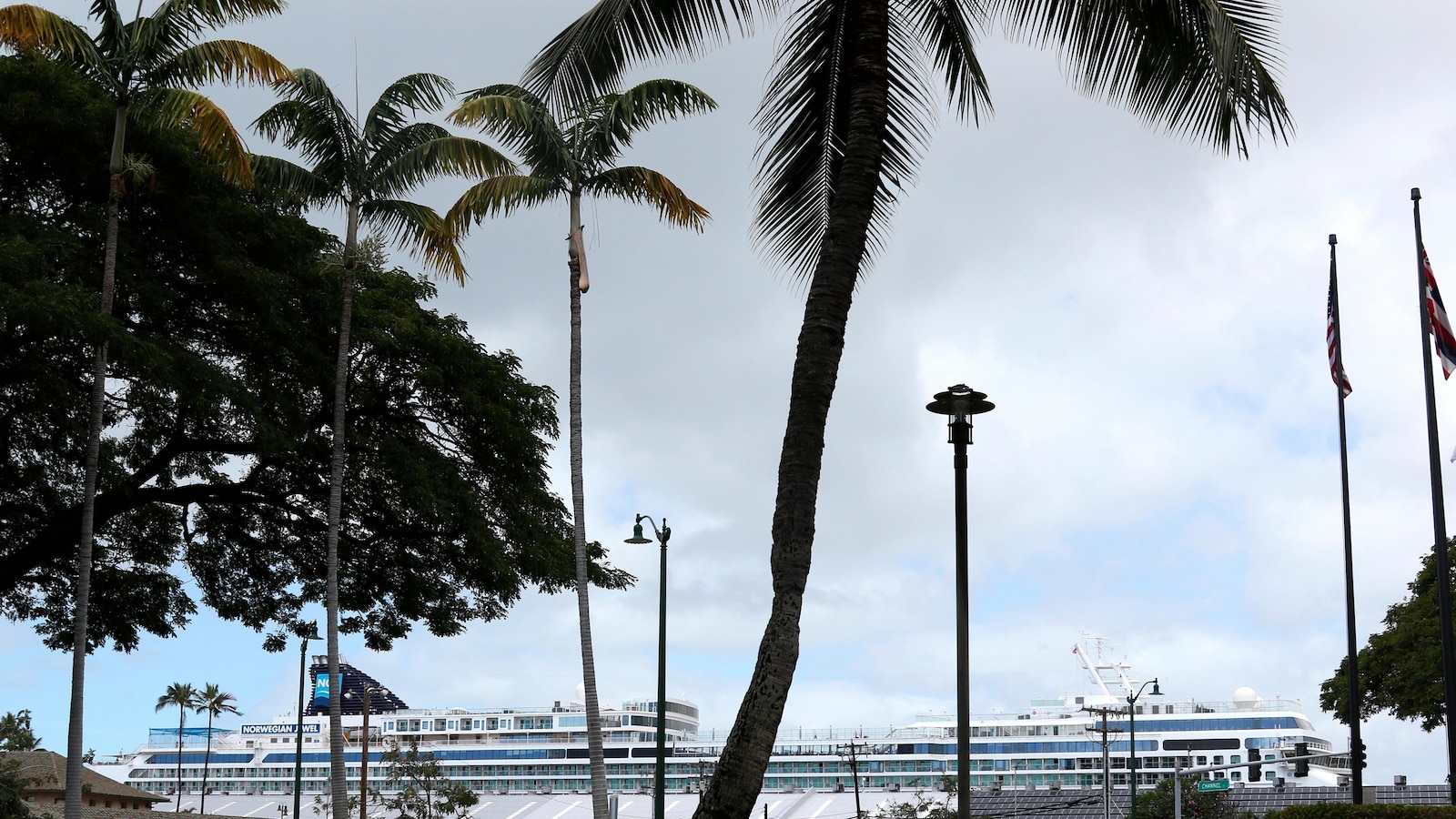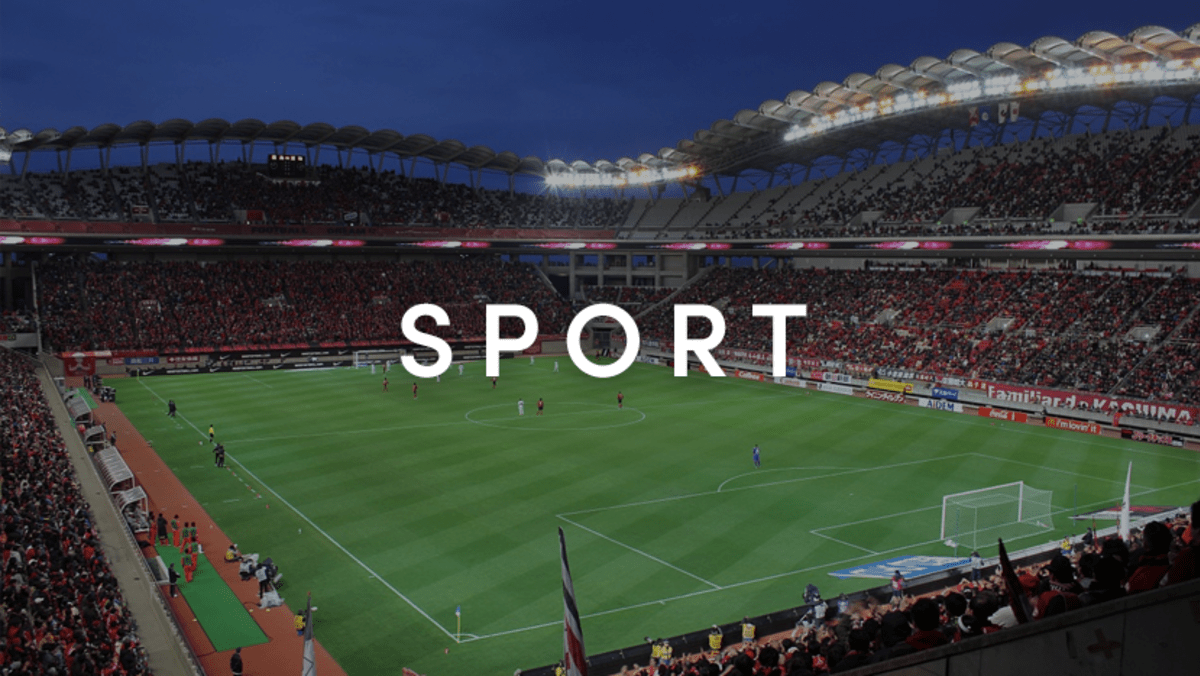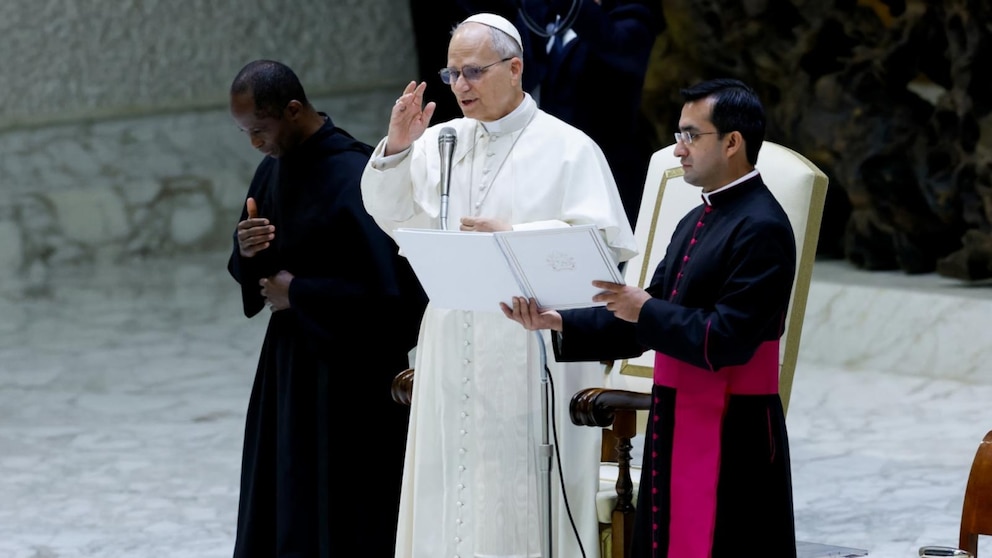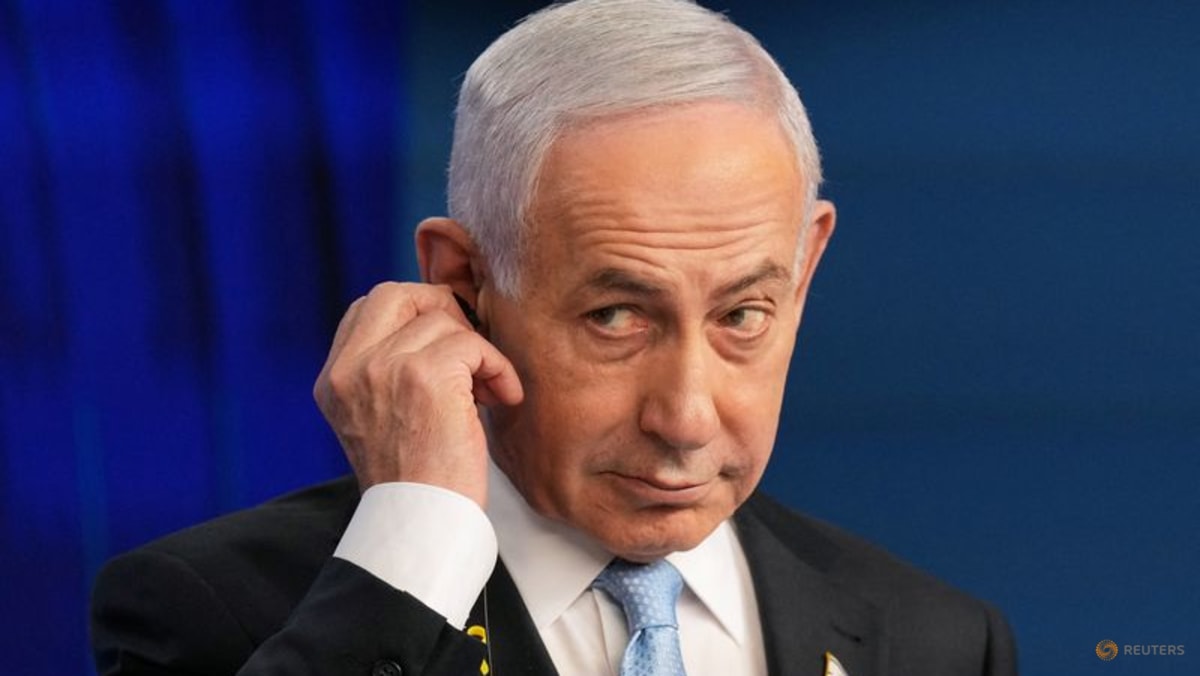Gaza in spotlight as Arab, Muslim blocs meet in Saudi
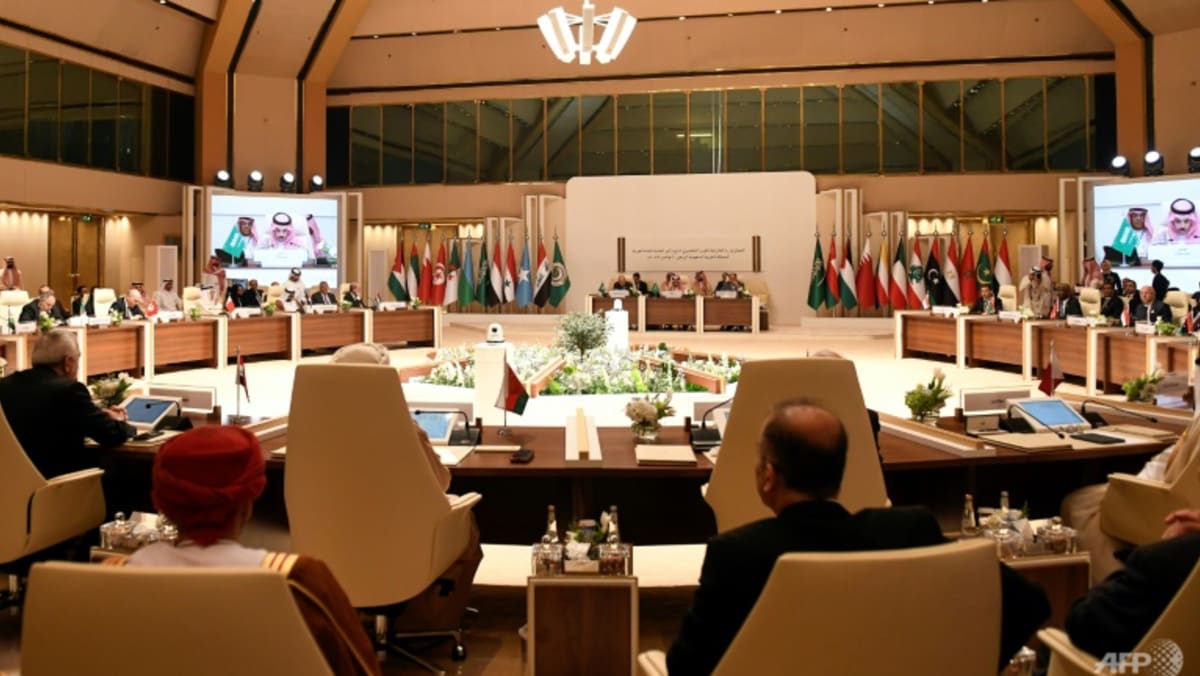
The Arab League aims to demonstrate “how the Arabs will move on the international scene to stop the aggression, support Palestine and its people, condemn the Israeli occupation, and hold it accountable for its crimes”, the bloc’s assistant secretary-general, Hossam Zaki, said this week.
But Palestinian militant group Islamic Jihad on Friday said it did not “expect anything” from the meeting, criticising Arab leaders for the delay.
“We are not placing our hopes on such meetings, for we have seen their results over many years,” Mohammad al-Hindi, the group’s deputy secretary-general, told a press conference in Beirut.
“The fact that this conference will be held after 35 days (of war) is an indication of its outcomes.”
Israel and its main backer the United States have so far rebuffed demands for a ceasefire, a position that is expected to draw heavy criticism on Saturday.
“This is not just about Israel-Palestine – this is about what is facilitating Israel to do this, which is basically the United States and the West,” said Saudi analyst Aziz Alghashian.
That tension has been on display during US Secretary of State Antony Blinken’s recent visits to the region, as well as during a stop this week in Riyadh by British Foreign Secretary James Cleverly, who met with a number of his Arab counterparts who have called for a ceasefire.
“What we have said is that calling for a ceasefire is understandable, but what we also recognise is that Israel is taking action to secure its own stability and its own security,” Cleverly said on Thursday.
RAISI TO RIYADH
Iranian President Ebrahim Raisi’s expected attendance on Saturday will mark his first trip to Saudi Arabia since the two Middle East heavyweights reached a surprise rapprochement deal in March, ending seven years of severed ties.
Iran backs Hamas as well as Lebanon’s Hezbollah and Yemen’s Huthi rebels, placing it at the centre of concerns the war could expand.
The conflict has already fuelled cross-border exchanges between the Israeli army and Hezbollah, and the Huthis have claimed responsibility for “ballistic missiles” the rebels said targeted southern Israel.
Analysts say Saudi Arabia feels vulnerable to potential attacks because of its close ties with Washington and the fact that it was considering normalising ties with Israel before the war broke out.
Saudi Arabia’s de facto ruler Crown Prince Mohammed bin Salman on Friday condemned “continued violations of international humanitarian law by the Israeli occupation forces,” his first public comments on the war, though Riyadh has levelled similar criticism in multiple statements.
Kim Ghattas, author of a book on the Iran-Saudi rivalry, said during a panel organised by the Arab Gulf States Institute in Washington that “the Saudis are hoping that the fact they didn’t normalise yet, and the fact that they have a channel to the Iranians, gives them some protection.”
She added: “And I think the Iranians are hoping that the fact that they’re in touch with the Saudis and maintaining that channel, that it gives them some protection too.”
Source: CNA


